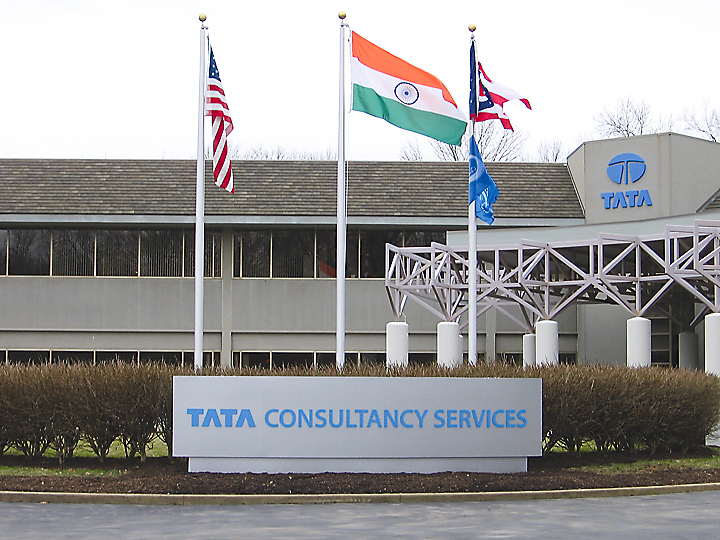For Indian business process outsourcing firms such as Tata, Wipro and Infosys, something not so funny happened on the way to the August recess of the U.S. Senate. A $600-million border-security bill that passed included a new provision calling for companies with 50 or more employees whose U.S. payrolls were at least half composed of foreign workers with H1-B or L-1 visas to pay exorbitant new fees per each foreign worker. The fees would pay for a primary portion of the overall bill’s border-security programs.
“While the full details of implementation are not available, we estimate the impact on Indian firms could be as high as US$200-250 million per year,” said a statement from Indian technology company association NASSCOM, which added that Indian companies take under 12 percent of all H1-B visas, and that U.S. firms who also use the visas but come in just under that 50-percent line would not be affected by the new measure. A NASSCOM spokesman told The Wall Street Journal that between 70 percent and 80 percent of typical member firms’ U.S. work forces were composed of workers on temporary visas. The fees are estimated to be approximately $4,000 for renewals and $4,500 for new visas (up from $2,500).
“We believe this will have negative impact on Indian companies which are investing in the U.S., employing U.S. talent, driving U.S. technological talent and are overall aiding the U.S. economic recovery,” NASSCOM continued. “In addition to this, in absence of a totalization agreement, Indian firms and Indian citizens pay in excess of $1 Billion to the U.S. in [the] form of Social Security, with no benefit or refund. This bill is indirect protectionism and contrary to the Obama administration’s repeated pleas to the international community to avoid taking such actions. The adoption of these provisions by the U.S. hinders the free movement of people essential for promotion of free trade.”
The association went on to say that the measure would lead to “diminished inflows of Indian talent.” But would that necessarily mean hiring of more U.S. citizens?
A review of new facilities and expansions by Tata Consultancy Services, Wipro and Infosys tracked over the past decade by the Conway Data New Plant Database shows major investments in Mexico (Monterrey) as well as in the U.S. Infosys established an operation in Dallas in 2004, and Tata Consulting Services in 2007 announced a $20-million, 1,000-worker facility on the outskirts of Cincinnati. In November 2009, TCS said it had hired its 300th employee at that Miami Township campus in Clermont County, and that more than 225 associates had joined TCS from top universities throughout the United States over the previous several months. “The Cincinnati region is a great place for us to recruit and train local talent to meet the demands of our customers as they grow out of the downturn,” said TCS North America President Surya Kant. “The strong partnerships we continue to have with the greater Cincinnati academic community, including the University of Cincinnati and Ohio State University, ensure that we will continue to find skilled professionals in this region.”
A North American spokesman for Tata declined to comment for this story, or to provide any numbers regarding employment of U.S. citizens and visa holders. Queries to Infosys and Wipro also went unanswered. However, some light was shed on Tata’s momentum in the States by its financial statement released in July: “In terms of markets, North America and Asia led the momentum for growth.” Among the key delivery highlights was implementation of the first phase of a new property tax management system for “one of the largest districts in California, USA.”
In the meantime, major BPO firms continue to service the North American business needs of their clients quite satisfactorily from abroad. Mahindra Satyam announced in May a five-year renewal for India-based design and artwork services for the global needs of pharmaceutical giant GSK. And in July, Mahindra Satyam announced a new Offshore Development Center for BASF IT Services at one of the Indian firm’s offices in Chennai, India: “Currently, there are 150 associates operating out of this ODC with plans to ramp up to 500 associates by 2011 in order to extend services to BASF in North and South America and for the Asia Pacific region,” said a company press release.

